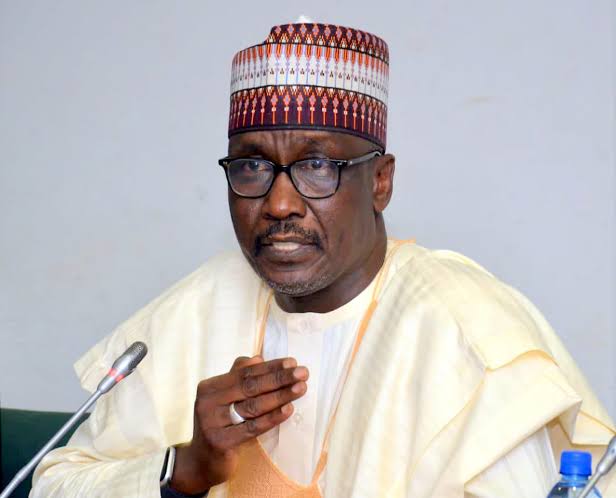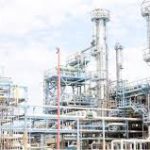The Group Chief Executive Officer (GCEO) of the Nigerian National Petroleum Company Limited (NNPCL), Mele Kyari, has said that as part of an effort to tackle oil theft, the company has destroyed 7,500 illegal refineries and disconnected about 6,800 illegal pipeline connections in the Niger Delta.
Kyari made the disclosure over the weekend during a fireside chat at the 2024 Future of Work Summit organised by Productive Youth Network (PYN), which had the theme: “Nigeria of Possibilities: Challenges, Prospects and Strategies for Future of Work”.
Kyari said, “On illegal connections, over 2,000 are yet to be removed, but we will surely get to the end of it.”
Speaking further, he said oil theft had persisted not just because of failure or absence of technology, but the absence of intelligence and reaction.
- Samoa report: Ombudsman writes Daily Trust, asks for response
- Implement S/Court ruling on LG autonomy, CMPA tells govs, council chairmen
He said, “For instance, a village is 200 metres away from a massive oil installation, and in that village, there is no electricity and drinking water, and degradation of the environment is going on whereas residents can’t fish or go to their farms.
“So, when these criminals come to steal our oil, the communities sit and watch because they have been neglected and they feel there is no need to report.”
He disclosed that the president had directed that the 13 per cent derivative fund should reach communities, and that NDDC should also ensure communities were carried along, noting that NNPCL was working to see that the communities had a stake in oil and gas exploration.
Kyari highlighted that Nigeria was currently battling with access to energy, and not energy transition, adding that oil and gas demand would not fizzle out in the near future.
He further said, “No country has developed without access to energy. Even in the US, every major city is developed through access to energy, which empowers industries and contributes to their economic prosperity.
“However, in Nigeria, what we are battling with is lack of access to clean energy. 70 per cent of the country’s population doesn’t have access to clean energy, and 56 per cent doesn’t have access to cooking fuel. Unless we resolve this, we can’t have economic prosperity.”
Earlier in his remarks, the founder of PYN, Engr Mohammed Onotu, said the summit was organised to bring youths up to speed on what they needed to succeed in work places, from financial to energy sector, and the need for collaboration.”

 Join Daily Trust WhatsApp Community For Quick Access To News and Happenings Around You.
Join Daily Trust WhatsApp Community For Quick Access To News and Happenings Around You.


